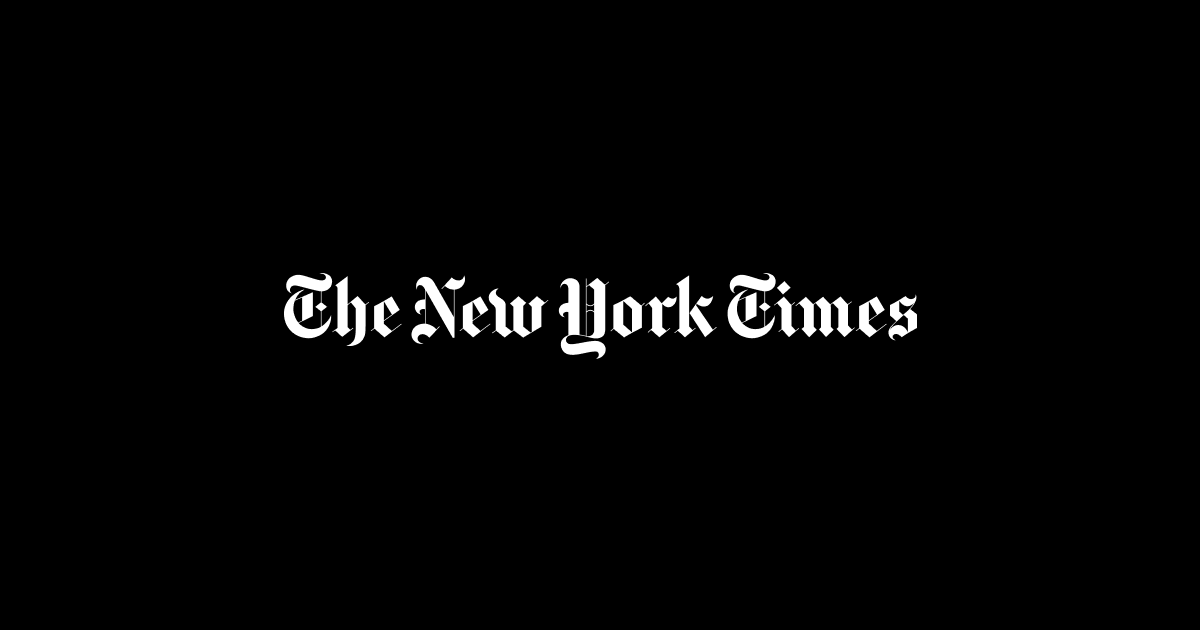Federal regulators have fined the USAA Federal Savings Bank, a century-old institution that primarily conducts business with members and veterans of the US military, for failing to comply with anti-money laundering laws.
The Office of the Comptroller of the Currency and the US Treasury’s Financial Crimes Enforcement Network, known as FinCEN, announced the action in separate statements Thursday.
The currency controller fined USAA $60 million and ordered it to take immediate steps to improve customer surveillance for suspicious activity. FinCEN fined $80 million and said the bank had an ineffective anti-money laundering program for at least five years, from 2016 to 2021, and failed to heed regulators’ warnings about the issue.
Banks play a central role in the ability of federal authorities to detect and punish criminal financial activities. They are required to closely monitor their customers’ transactions and to report anything suspicious, such as withdrawing large amounts of cash or attempting to transfer money to known criminals. USAA failed to accurately and timely report thousands of suspicious transactions, including transactions on personal accounts used for apparent criminal activity, FinCEN said.
“As its customer base and revenue grew in recent years, USAA FSB deliberately failed to ensure its compliance program kept pace, resulting in millions of dollars in suspicious transactions flowing through the U.S. financial system without appropriate reporting,” Acting director of FinCEN, Himamauli Das, said in a statement. The bank “was given adequate notice and opportunity” to resolve its money laundering controls, he added, “but repeatedly failed to do so.”
USAA said Thursday that it had not strengthened its anti-money laundering capabilities and expertise enough to meet federal requirements, but was working with the Office of the Comptroller of the Currency.
“While the issues identified in these orders have not resulted in harm to individual members, we understand the importance of these requirements,” said bank manager Wayne Peacock. “USA has already made progress in many critical areas by investing in new systems and training, expanding staff and expertise, and improving our processes. And we have an unwavering commitment to the military community.”

